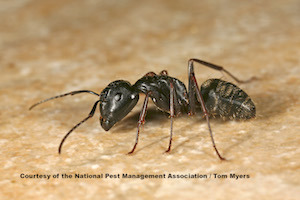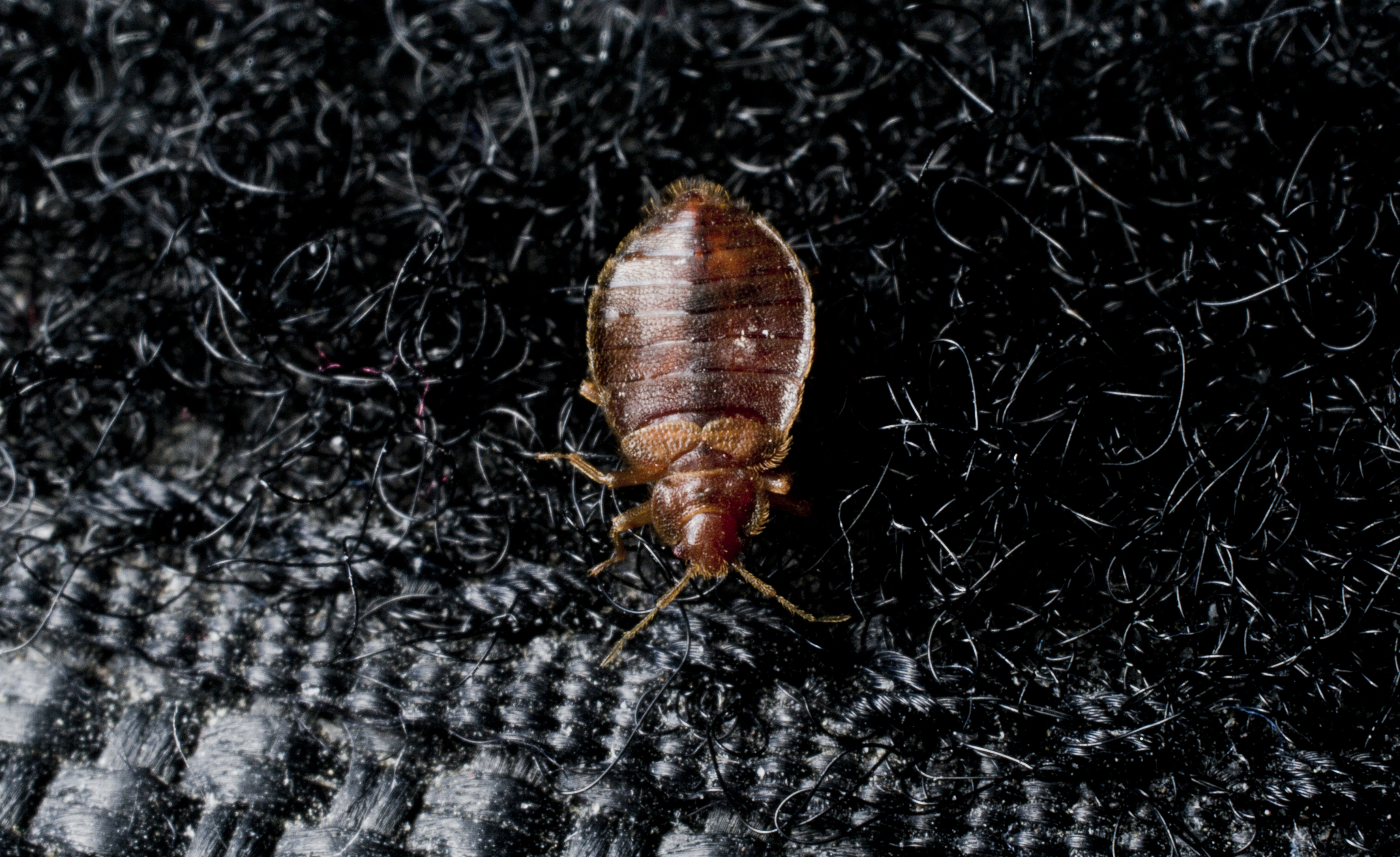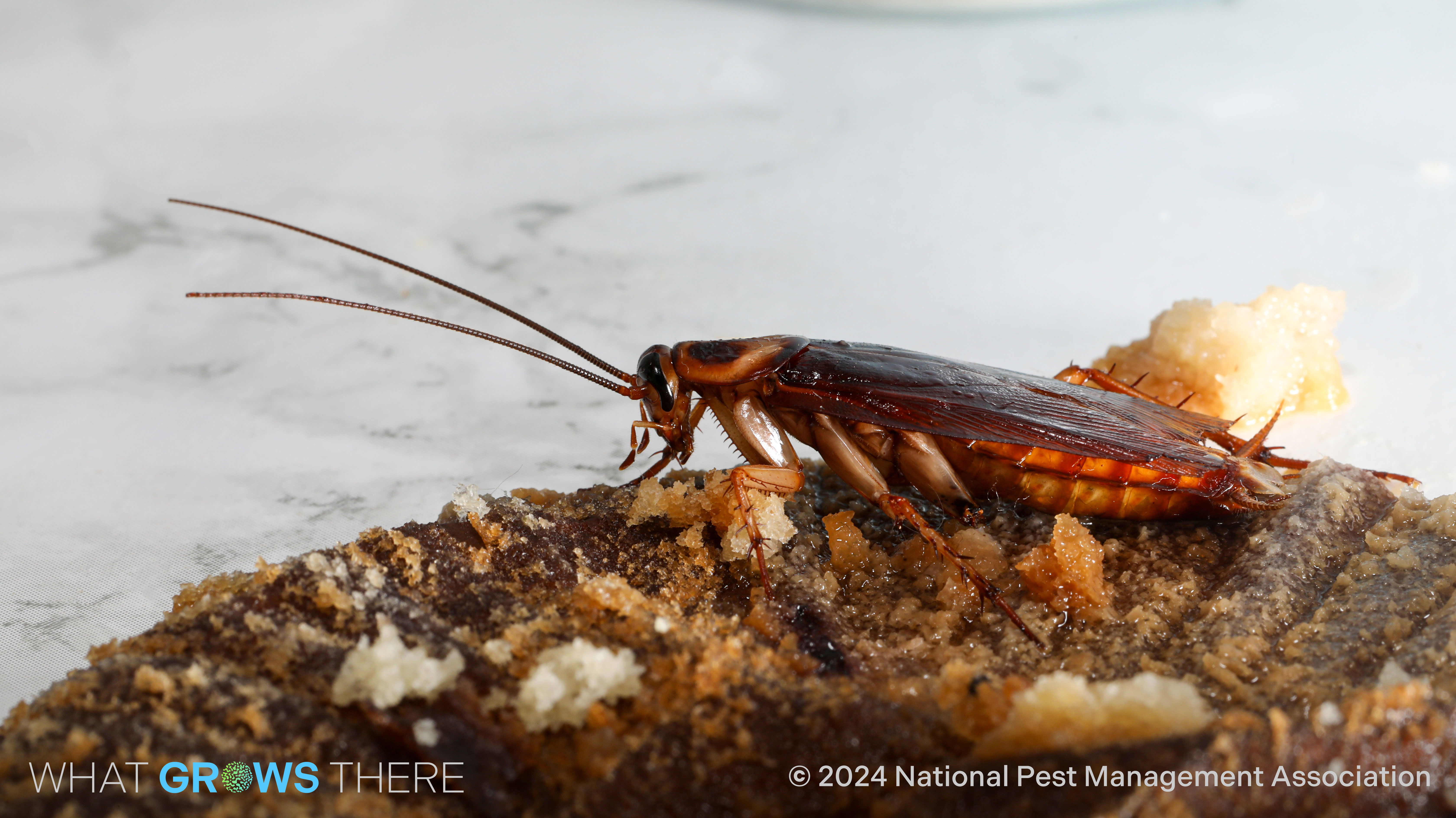January Jitters: Homeowners Brace for Winter Pests
The National Pest Management Association shares pest prevention tips for homeowners
FAIRFAX, VA (January 10, 2024) — It’s a new year, but the same pests are here for winter. As temperatures drop, pests like spiders, rodents and insects seek refuge indoors within the cozy confines of our homes, putting property and health at risk. Thus, the National Pest Management Association (NPMA) urges homeowners to take preventative measures to stay protected against the threats posed by winter pests.
“Mice and rats are notorious for invading homes in search of food and shelter during the winter, contaminating foods and spreading serious diseases in the process," says Jim Fredericks, Senior Vice President of Public Affairs for NPMA. “Rodents, alongside nuisance wildlife like squirrels and raccoons, can also cause extensive damage to property by gnawing on wires, insulation, and even structural elements once indoors.”
Overwintering pests, including Asian lady beetles, boxelder bugs and stink bugs, are other threats to be mindful of this winter, as these pests don’t die off but head indoors. To avoid a winter pest infestation, homeowners are encouraged to follow these NPMA cold-weather recommendations:
-
Eliminate Entry Points: Seal cracks and crevices outside the home, checking areas where utilities and pipes enter the building, as rodents can fit through holes the size of a quarter.
-
Proper Food Storage: Make sure food is stored in airtight containers. This includes pet food and bird seed that might be kept in garages or basements.
-
Promote Cleanliness: Maintain well-organized living and storage areas, placing items in sealed bins off the floor. Regular vacuuming, sweeping, and dusting can also eliminate hiding spots for pests.
-
Landscape Care: Trim branches and foliage away from the house, as pests often use overhanging vegetation to access homes. Clean up leaves and other debris around the foundation of buildings to discourage pests from congregating close to the building.
-
Contact a Professional: If you suspect pests in your home, contact a qualified pest control professional to identify vulnerabilities and address any problems.
For more information on keeping a pest-free home, visit www.PestWorld.org.
###

Learn About Ants
Ants are a common pest homeowners struggle to eradicate. Learn more about them!

Bed Bug Pest Guide
Traveling for the holidays this year? Be sure to keep an eye out for bed bugs! Use our Pest Guide to help identify this pest.

NPMA's What Grows There? Project
Check out NPMA's What Grows There? project to learn how pests, such as flies, cockroaches and rodents, can spread germs throughout a home.

About the National Pest Management Association
The NPMA, a non-profit organization with more than 5,500 members, was established in 1933 to support the pest management industry's commitment to the protection of public health, food and property from the diseases and dangers of pests. For more information, visit PestWorld.org or follow @PestWorld on Facebook, X, Pinterest, TikTok and YouTube and @PestWorldOfficial on Instagram.

Learn About Ants
Ants are a common pest homeowners struggle to eradicate. Learn more about them!

Bed Bug Pest Guide
Traveling for the holidays this year? Be sure to keep an eye out for bed bugs! Use our Pest Guide to help identify this pest.

NPMA's What Grows There? Project
Check out NPMA's What Grows There? project to learn how pests, such as flies, cockroaches and rodents, can spread germs throughout a home.
